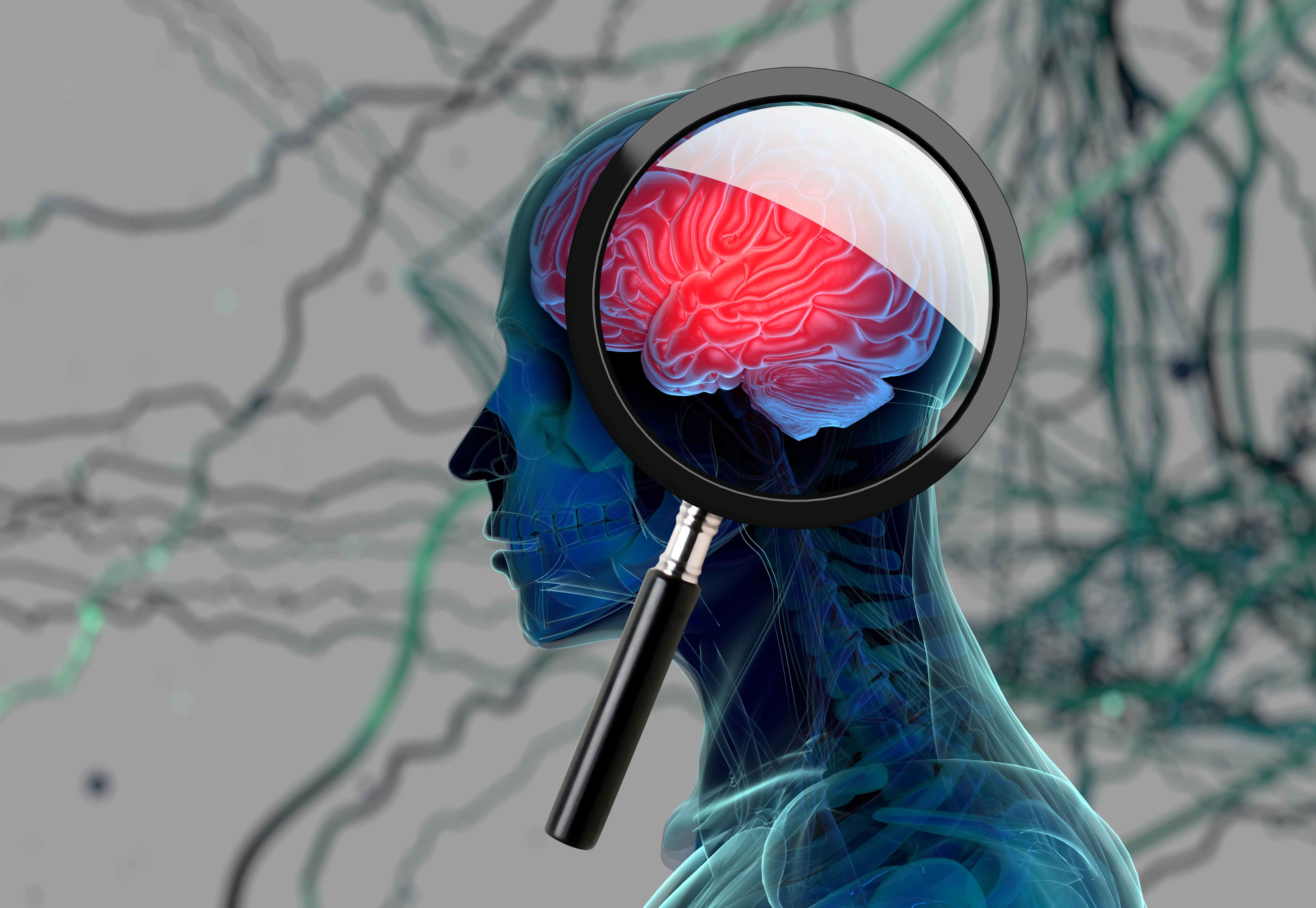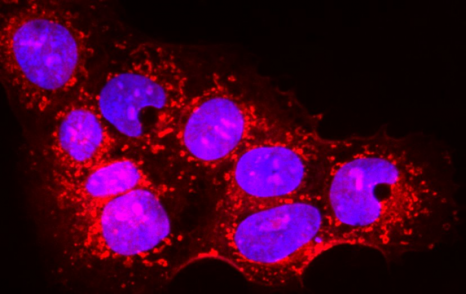
©AdobeStock
A joint study conducted by Inserm researchers from IBENS (Institute of Biology of the Ecole Normale Supérieure – Inserm/CNRS/ENS) in Paris and researchers from SIgN (Singapore Immunology Network, A*STAR) in Singapore reveals a hitherto undiscovered impact of microbiota on immune brain cells, occurring from fetal stages. These cells, called microglia, which are known players in brain development and functioning, differentially respond to microbiome perturbations in male or female mice. These results are published in Cell.
Microglia are immune cells that respond to traumatic injury or inflammatory signals to protect the brain, acting as sensors of various environmental signals. In addition to their role as immune sentinels, microglia have also been show to regulate several steps of brain wiring and functioning. Consistently, microglia dysfunction has been linked with the etiology of several neurodegenerative diseases and neurodevelopmental disorders, including Schizophrenia or Autism Spectrum Disorders. Microglia therefore play major roles in brain circuits and could constitute an entry point for environmental signals.
To test this hypothesis, Morgane Thion and Sonia Garel, Inserm researchers, together with their associates, used a multidisciplinary approach involving germ-free mice, which lack all the microbiome, and adult mice treated with antibiotics, which acutely destroys the gut flora. Through a combination of global genomic analyses and histological studies, researchers have shown that microglia are profoundly affected by microbiota disruption, already from prenatal stages. Strikingly, the impact of the microbiome on microglia depended on the sexual identity and the age: microglia of males were perturbed prenatally whereas those of females were affected in adulthood. This surprising sexual dimorphism echoes the fact that many neurodevelopmental disorders have a higher incidence in men, whereas autoimmune diseases are more prevalent in women.
While the underlying mechanisms and consequences remain to be discovered, this study reveals a key role of microglia at the brain/environment interface and shows that males and females have distinct susceptibilities time windows to microbiome alterations. For the authors, these elements should be systematically taken into consideration at preclinical and clinical level.
